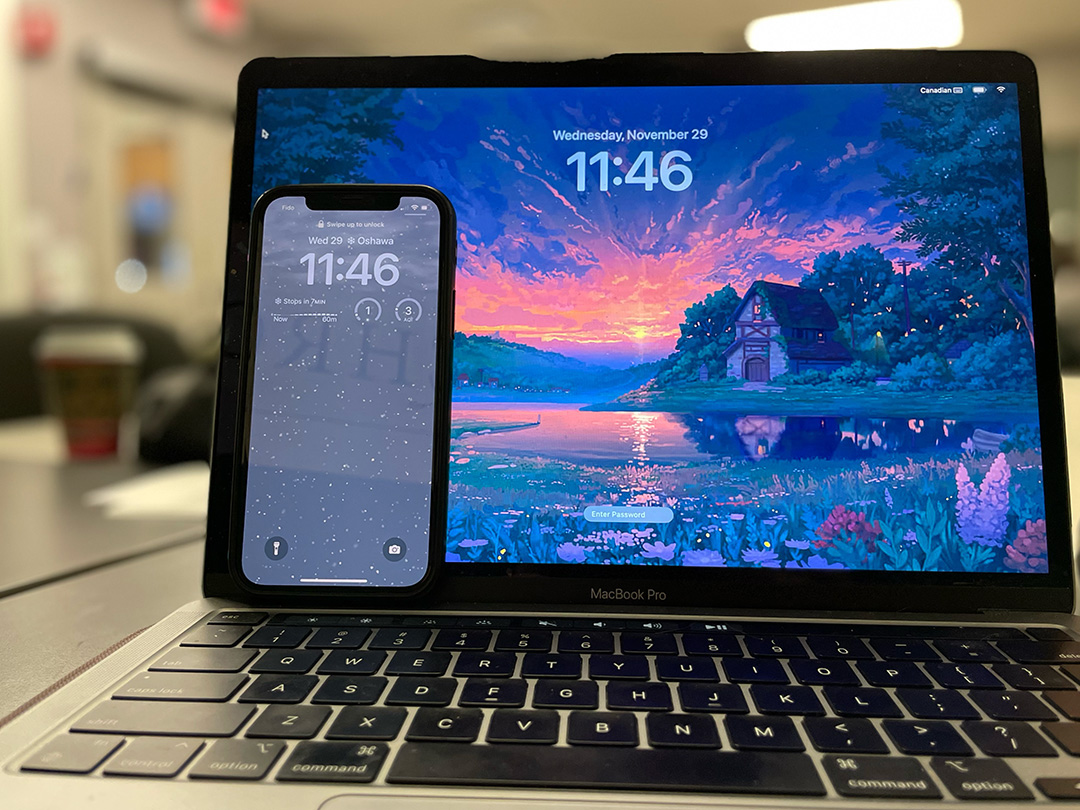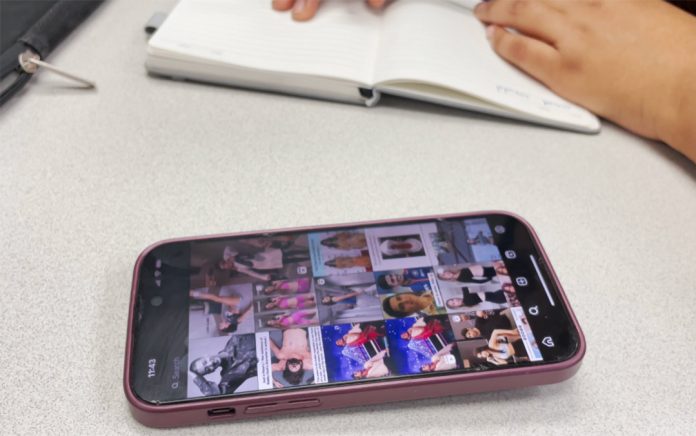In today’s connected world, smartphones have become more important than ever for communication, entertainment and even work-related activities.
A new study led by researchers from the University of Toronto, McGill University and Harvard University has found around one-third of the population worldwide is at a high risk of smartphone addiction.
The study included 50,000 participants, ages 18 to 90, from 195 countries, making it the largest of its kind.
Heather Bickle, a wellness coach at Durham College, attritubes this increase to smartphones becoming increasingly versatile.
“It’s a growing issue among society as we are getting more and more used to having a smartphone in our back pocket,” said Bickle. “Because, if you think about it, we use it for so many different areas of our life, not just for communication.”
Smartphone addiction runs deeper than just using it a little more. The problem is when it creates symptoms similar to other addictions.

According to another study, smartphone addiction is linked with higher rates of depression and lower mental well-being.
“So dopamine is kind of that feel good hormone,” she explained. “It’s related to pleasure. What we notice as we’re scrolling, we’re kind of getting these little bursts of dopamine hits. What happens if we get used to that certain level of dopamine when we don’t have that? That’s where that kind of seeking and that craving piece of addictions can come in.”
These behaviours can include grabbing your phone first thing in the morning or doom-scrolling.
The study found these behaviours can affect school or work performance and even sleep patterns.
The smartphone study found 56 per cent of university-age women met the criteria for addiction compared to 33 per cent of university-age men.
Jay Olson, a post-doctoral fellow in the Department of Psychology at the University of Toronto and one of the study’s authors, said this is because men and women differ in their smartphone habits.
“Women tend to use them a bit more for things like instant messaging and social media relative to men. And we know that those social uses tend to lead to more habitual use, which can lead to kind of more problematic use,” said Olson.
Alex Mantilla-Davidson, a retail store employee in Oshawa, says in her experience, smartphone addiction is also a social problem.
“You see a lot of people walking into things are getting hurt,” she said. “It’s just not good to always constantly have your smartphone in your hand just because of the fact that a lot of people don’t know how to talk without using their phone.”
Bickle said for those trying to curb a smartphone addiction, it is all about self-awareness.
“If you’re noticing that when you don’t have it, you’re noticing that more negative, stressful feeling inside of you, (it) might be time to visit your relationship with your smartphone,” she said.
Bickle said monitoring your usage and the type of content you consume is important.
This can be done through screen time settings and monitoring yourself or setting limits on specific apps, but she said it can also mean leaving your phone in another room for a little while.
“You might have five hours a day, but maybe all of that or most of that was for course related information or using your GPS. So, being mindful of not just how much you’re using it, but how you’re using it,” said Bickle.





